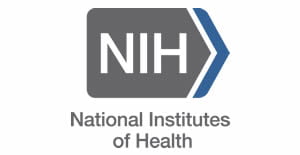RSS Feed Source: Academic Keys
Job ID: 255013
INESC TEC | Research Grant (AE2025-0148)
INESC TEC
Research Opportunities
Efficiency and Effectivess of educational systems
Work description
Contextualisation of the education landscape in the European Union. Literature review, as thorough as possible. Identification of the knowledge gap that the dissertation aims to cover. Collection and processing of data, including the contextual variables relevant to the problem. Implementation of Robust Conditional Approaches, based on Data Envelopment Analysis (DEA) or Benefit of the Doubt (BoD) models. Implementation of Goal Programming approaches. Analysis of the results. Discussion of the results.
Academic Qualifications
Master Degree in Industrial Engineering and Management.
Minimum profile required
Average grade of 18 in the Master Degree in Industrial Engineering and Management.
Preference factors
Good knowledge of the English language. The
Click this link to continue reading the article on the source website.

